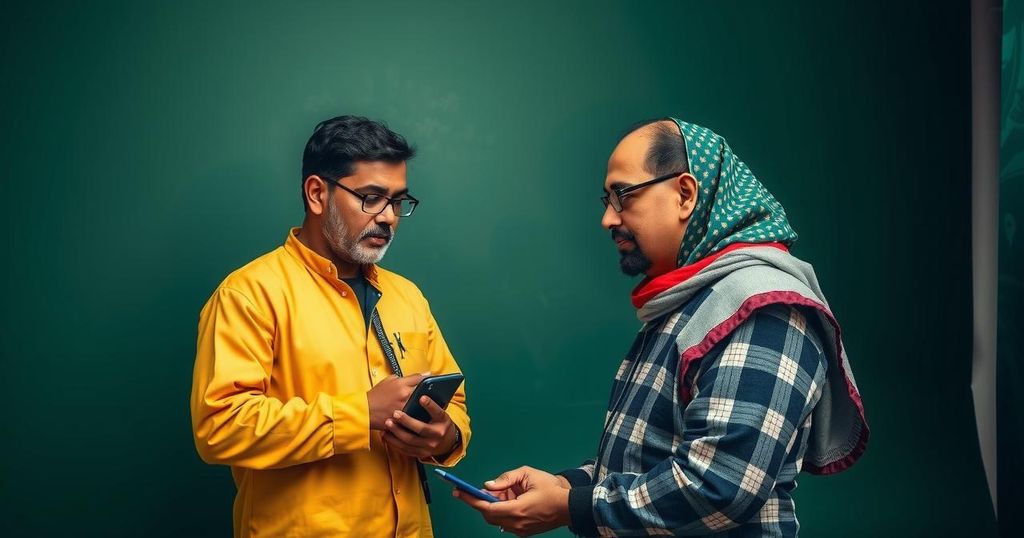Libya is eager to hire more Bangladeshi workers, particularly in fields like engineering and medicine, as articulated by the Libyan ambassador during a meeting with Bangladesh’s Chief Adviser. The ambassador also invited Bangladeshi students to enroll in Libyan universities and discussed the need to resolve issues related to salary disputes for Bangladeshi doctors. Moreover, both parties emphasized collaboration against human trafficking and ways to enhance bilateral trade relations.
Libya has expressed a strong interest in hiring additional Bangladeshi professionals, particularly in the engineering and medical sectors, as part of its development initiatives. This commitment was articulated by the Libyan ambassador to Bangladesh, Abdulmutalib SM Saliman, during a meeting with Chief Adviser Professor Muhammad Yunus on November 10. The ambassador acknowledged the significant contributions of Bangladeshi workers, particularly in agriculture, and invited Bangladeshi students to pursue studies in Libya’s leading universities. Ambassador Saliman also addressed issues surrounding salary disputes affecting Bangladeshi doctors in Libya, indicating optimism for resolution as the Libyan government undergoes reforms. Furthermore, Professor Yunus highlighted the need for collaboration between Bangladesh and Libya to combat illegal migration and human trafficking, emphasizing the compassionate stance of both nations against these issues. He advocated for stronger bilateral relations to enhance trade and investment opportunities, including discussions around the potential import of Libyan oil. The ambassador stressed the importance of restoring air connectivity between the two countries, seeking cooperation to facilitate this objective.
The discussion between Libya and Bangladesh reflects a broader trend of international labor migration, where workers from developing countries are increasingly sought after for various professional roles in regions undergoing economic transformation. Libya, in this context, is looking to bolster its workforce to support infrastructure and service sector development, recognizing the skills that Bangladeshi professionals, especially in engineering and healthcare, can offer. Additionally, the invitation for Bangladeshi students indicates Libya’s desire to strengthen educational ties and improve its domestic academic institutions through international collaboration. The concerns about human trafficking and illegal migration highlight the socio-economic challenges faced by migrant workers, underscoring the importance of protective measures and bilateral agreements.
In summary, Libya’s initiative to engage more Bangladeshi workers and students suggests a promising avenue for enhancing bilateral relations. The discussions initiated by Ambassador Saliman and Chief Adviser Professor Yunus concerning professional opportunities and addressing concerns about illegal migration signify a mutual commitment to fostering cooperation. Moving forward, both nations are positioned to explore trade and investment avenues while prioritizing the welfare of their respective citizens in international labor markets.
Original Source: www.tbsnews.net







